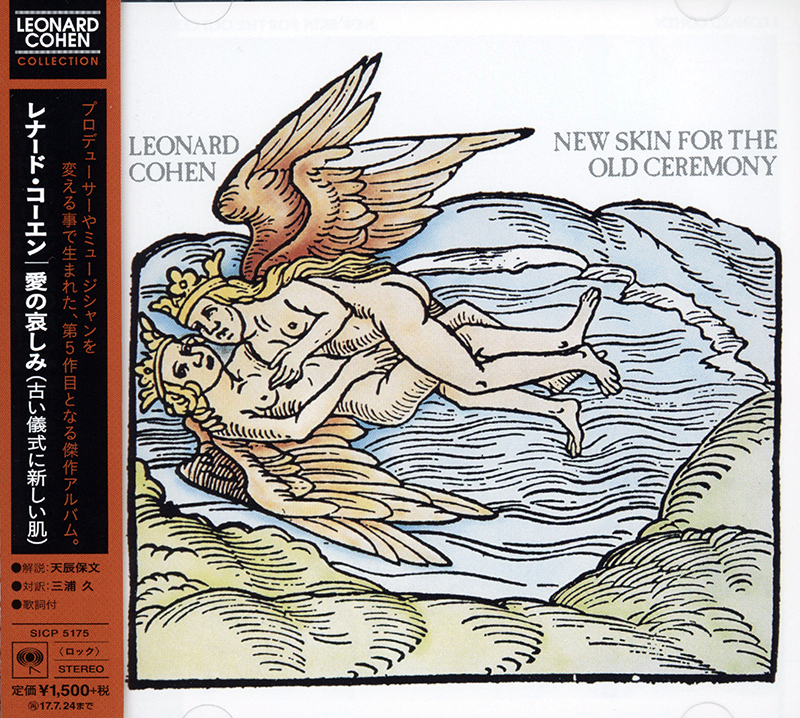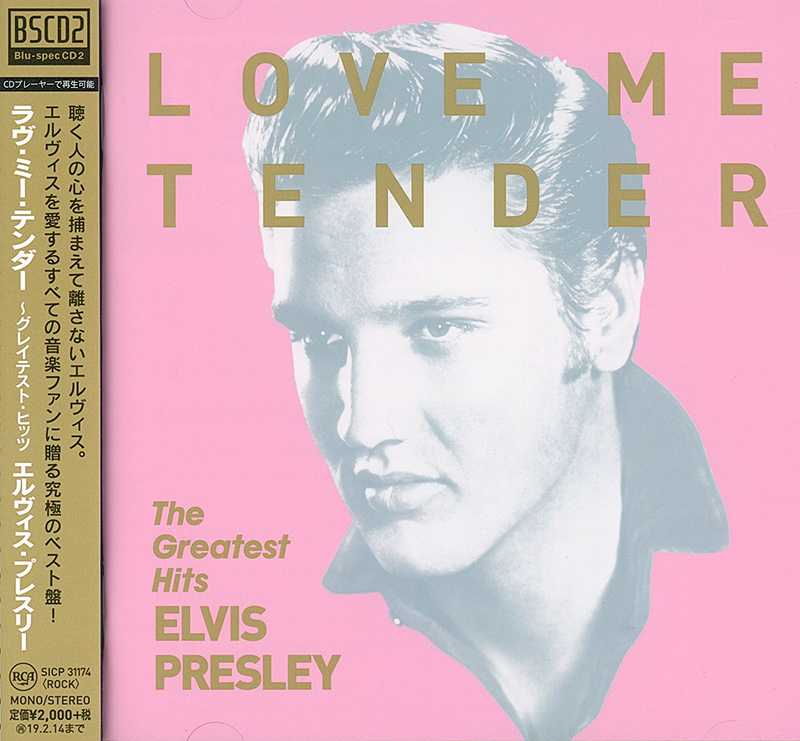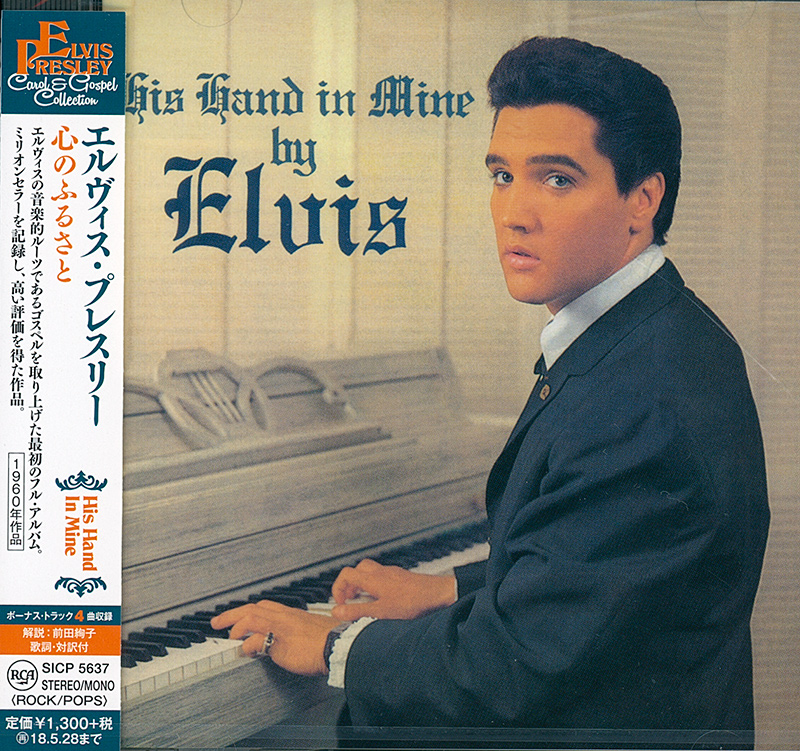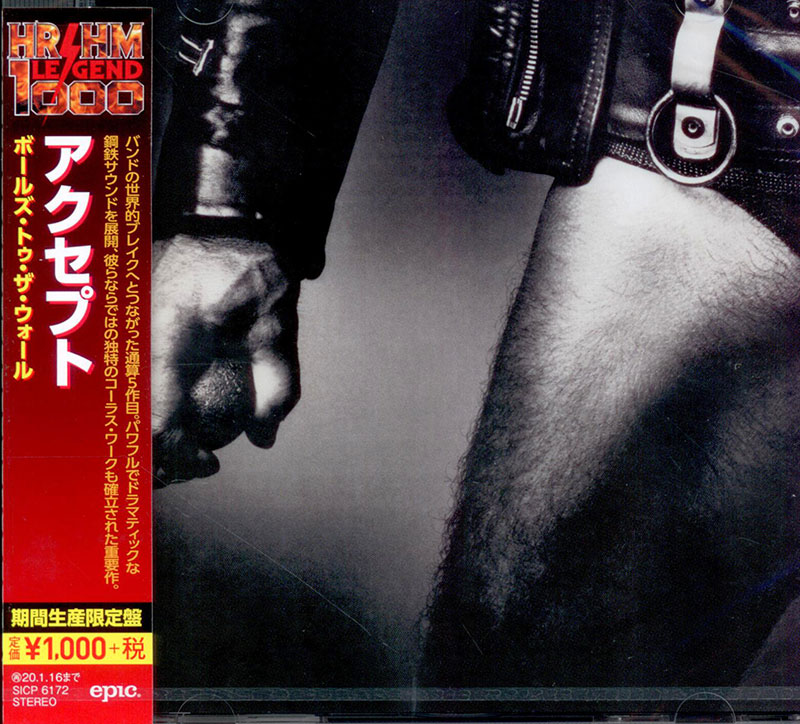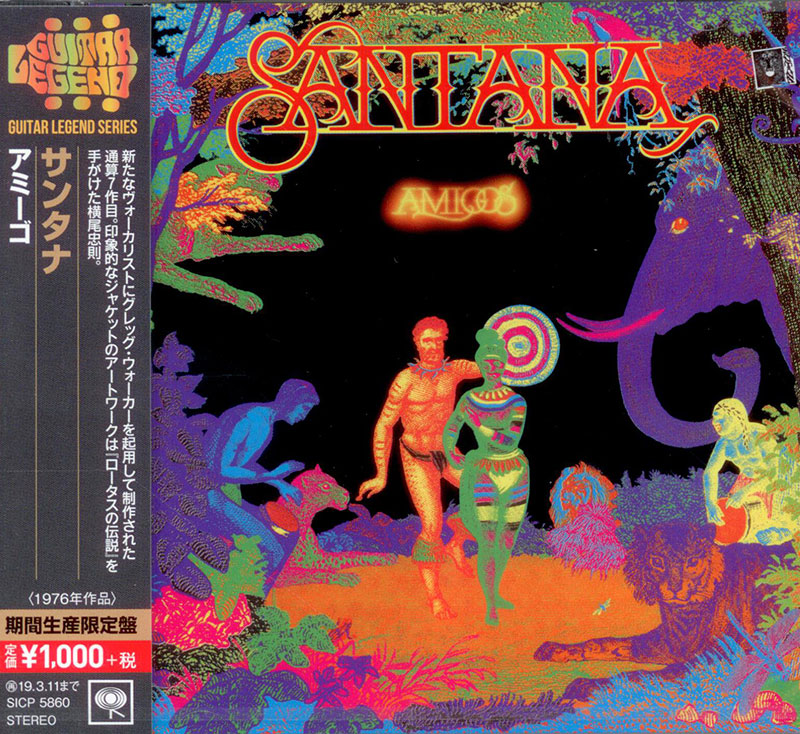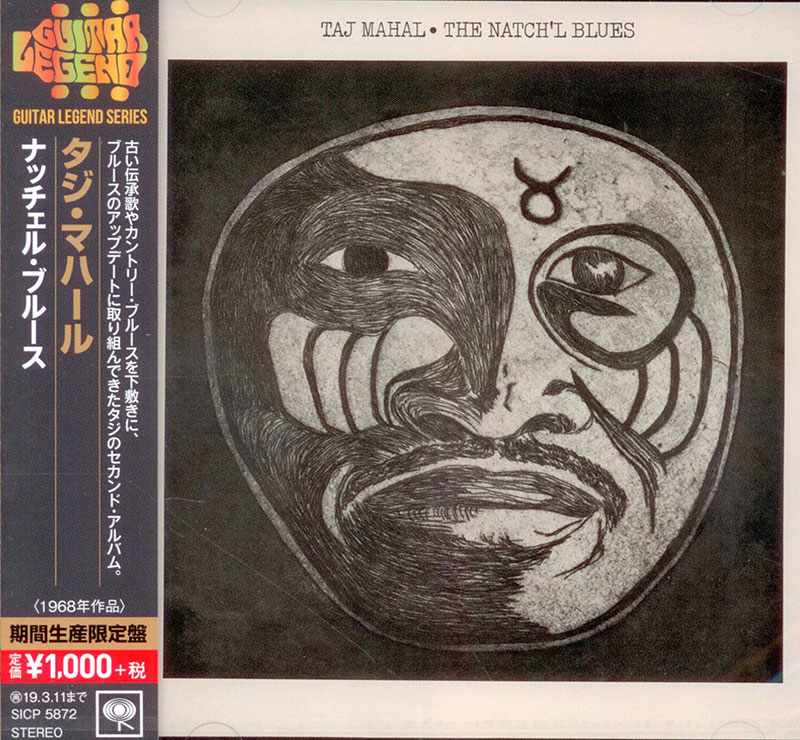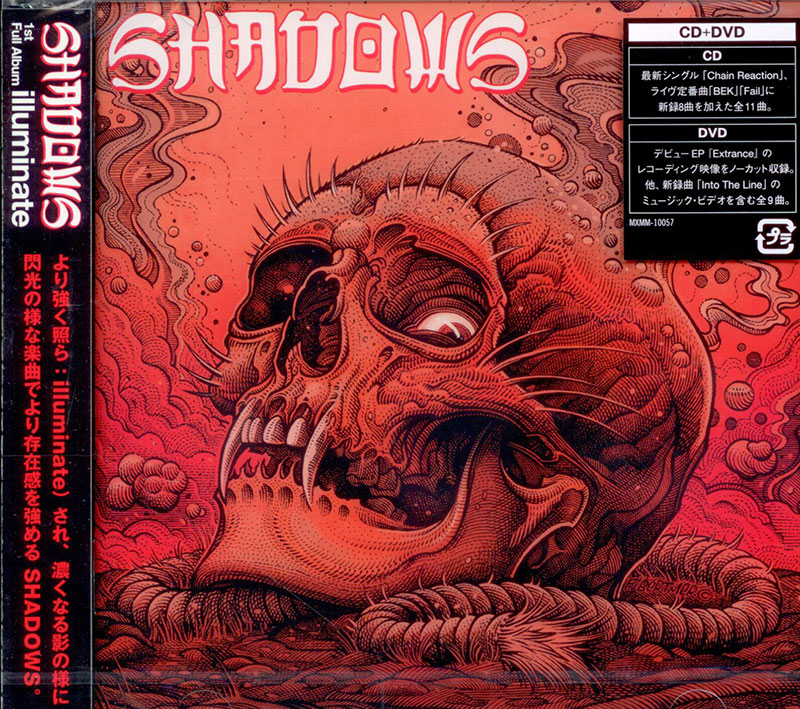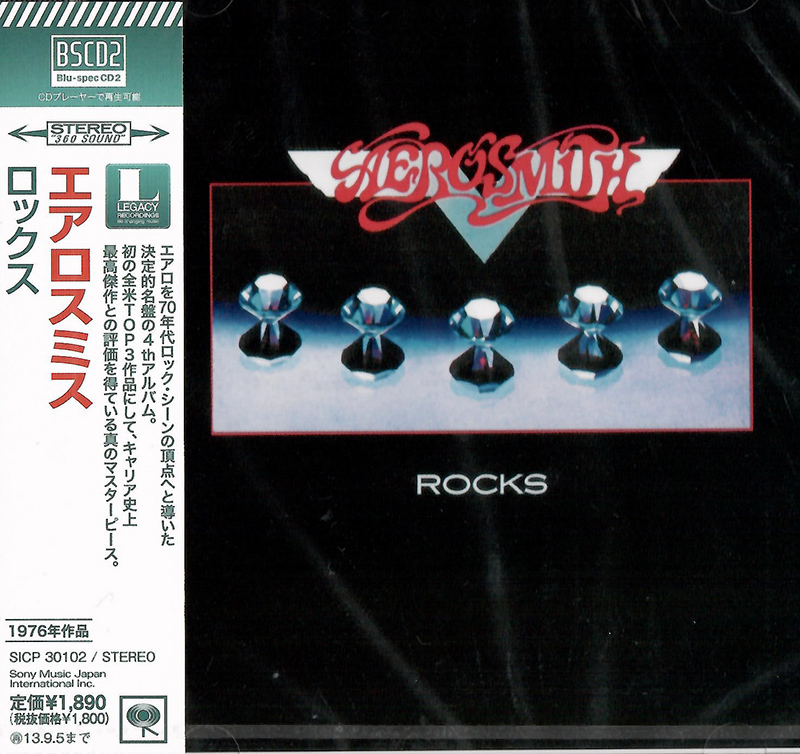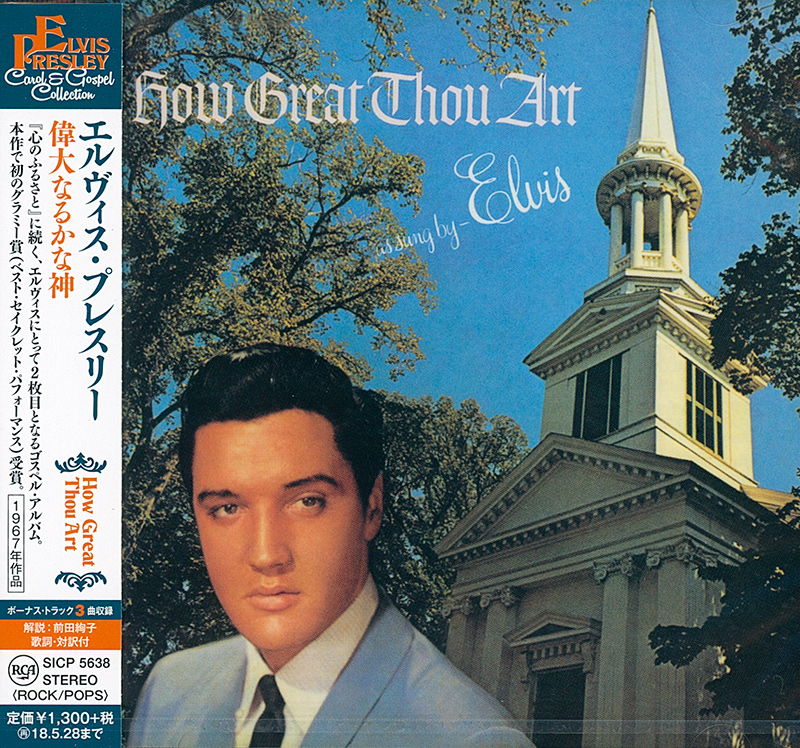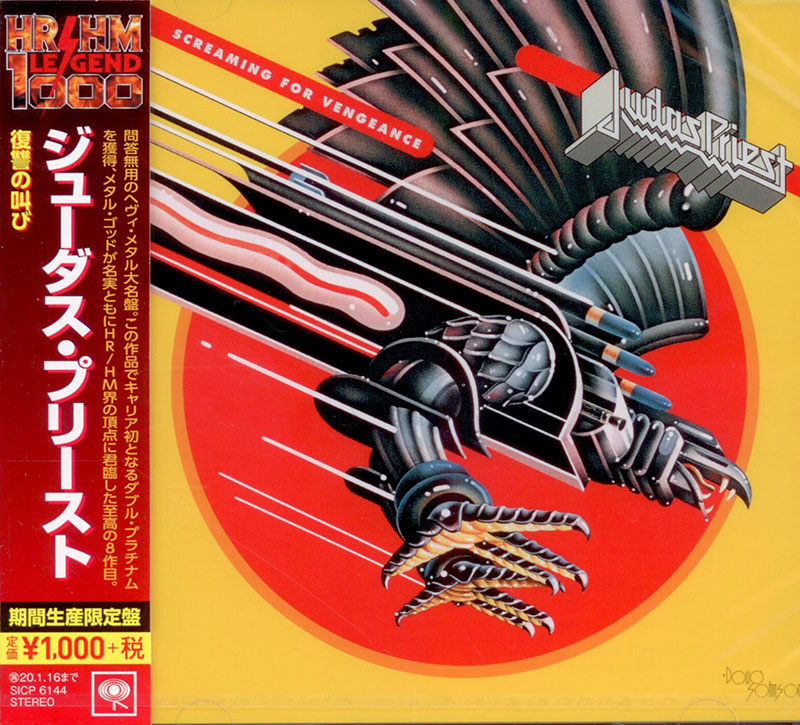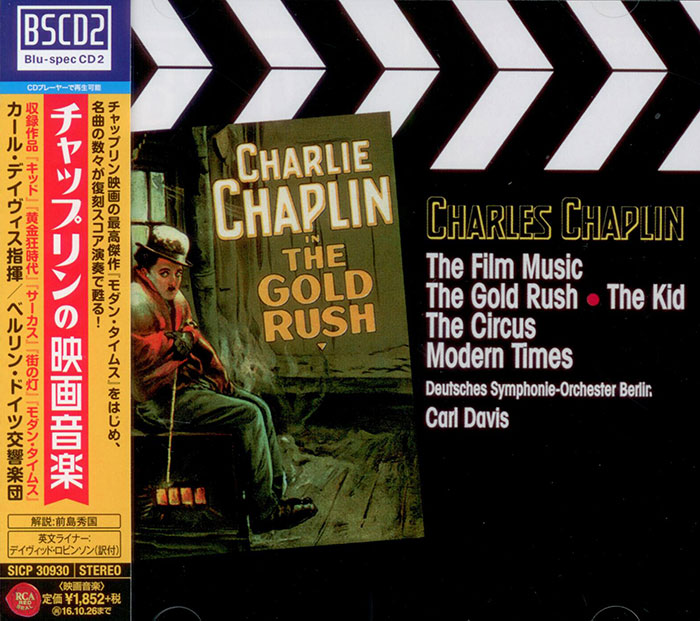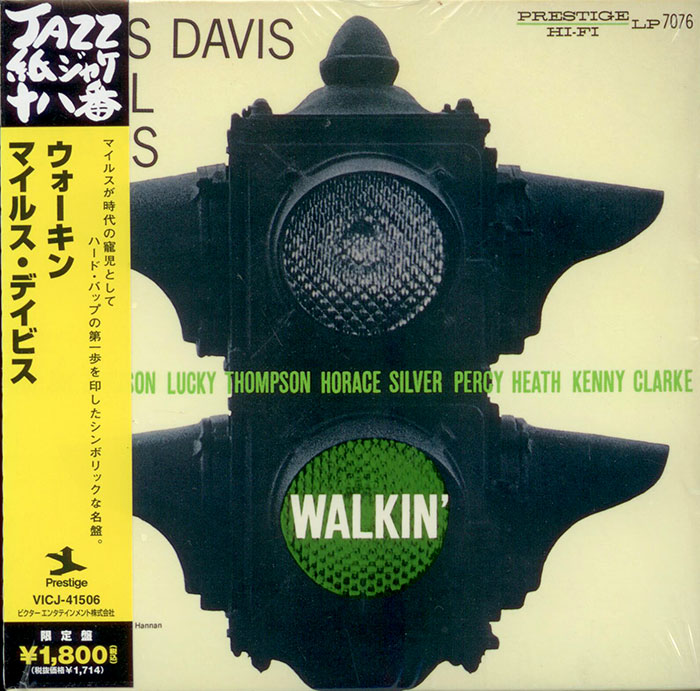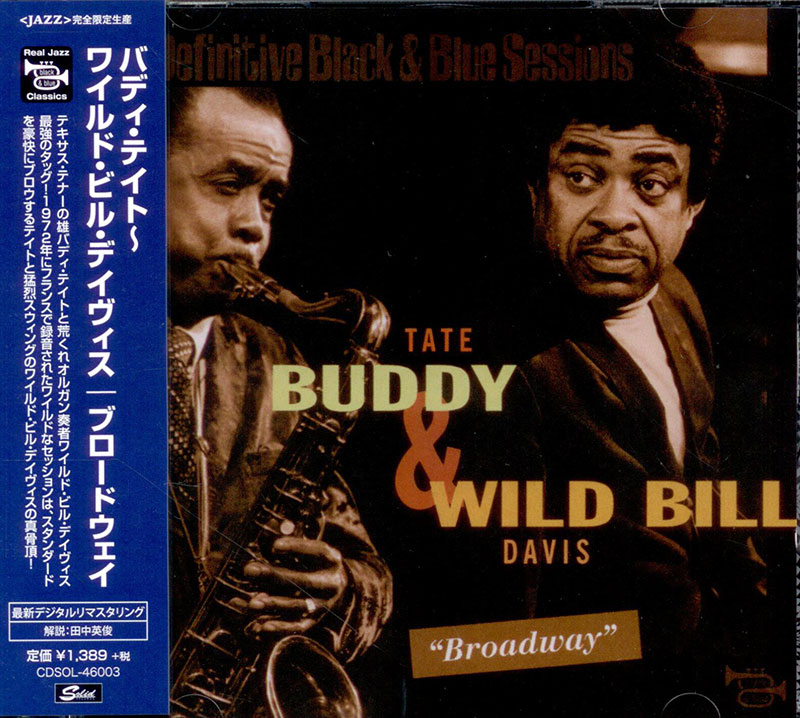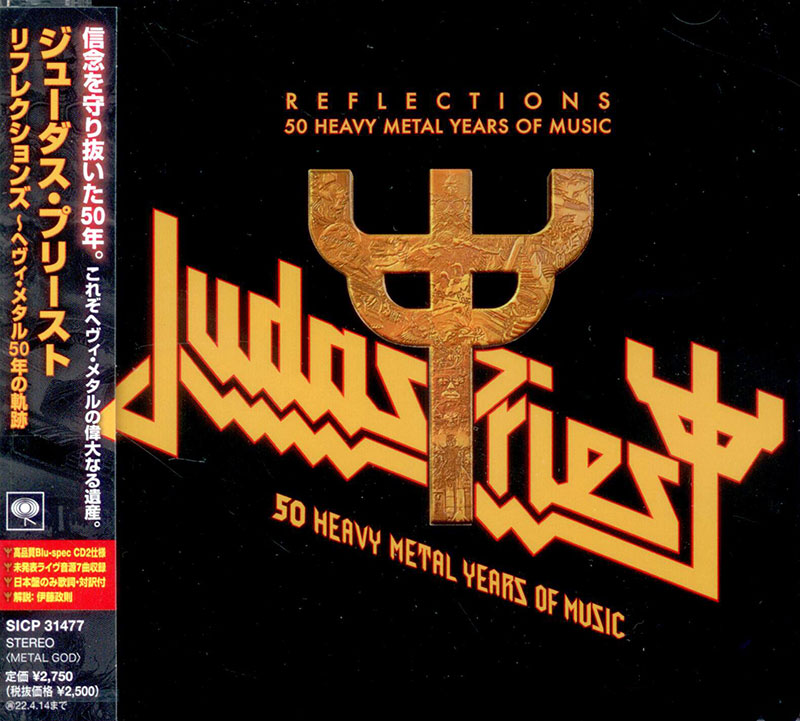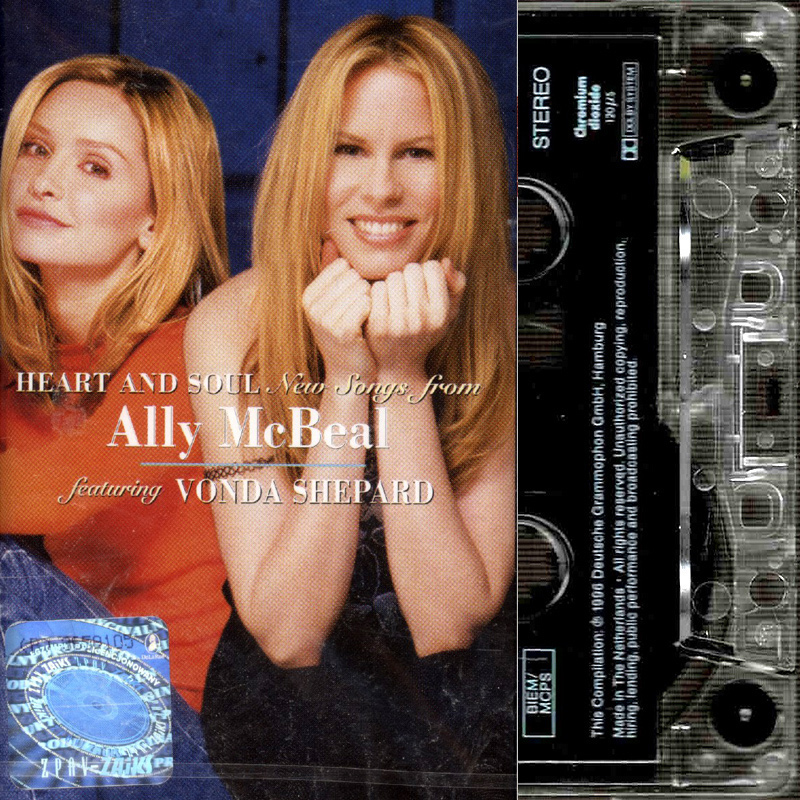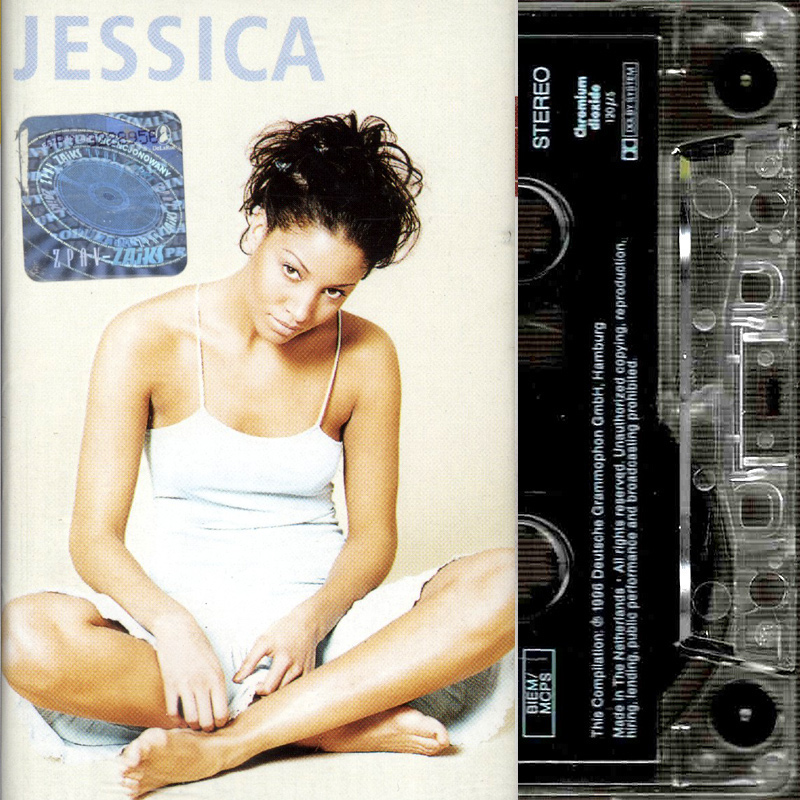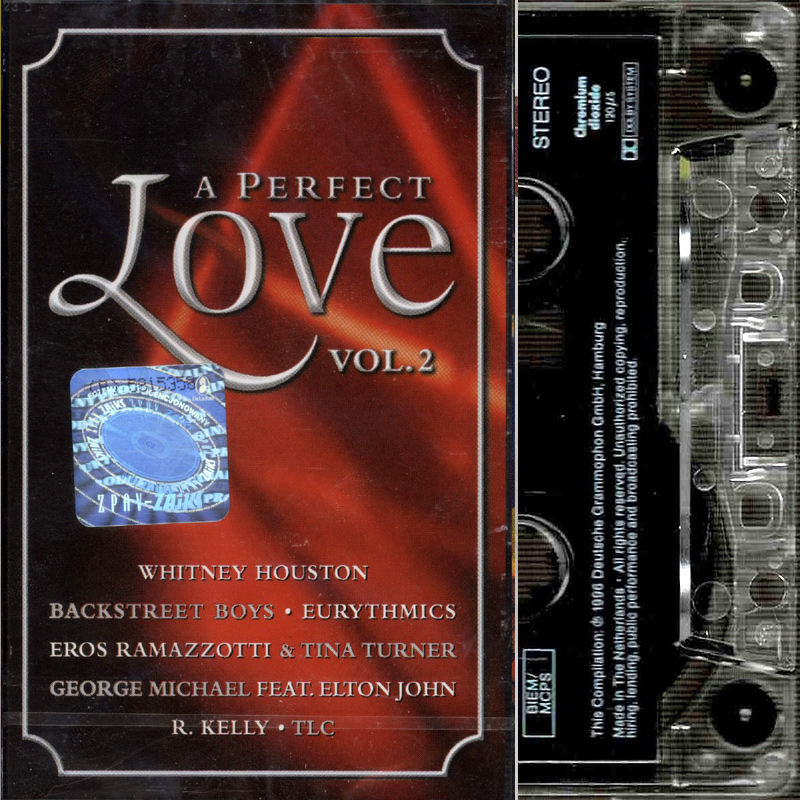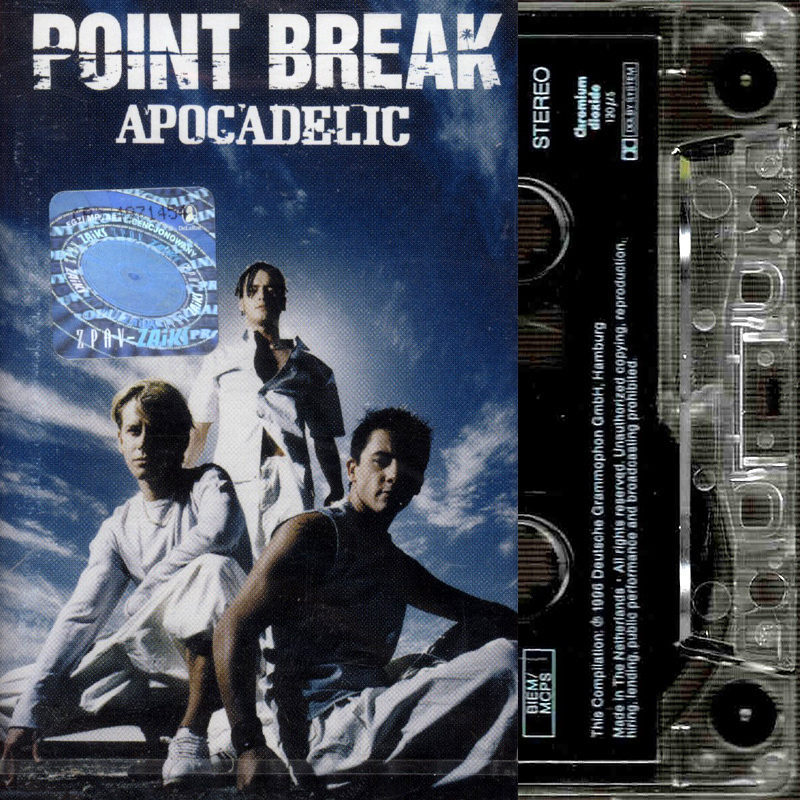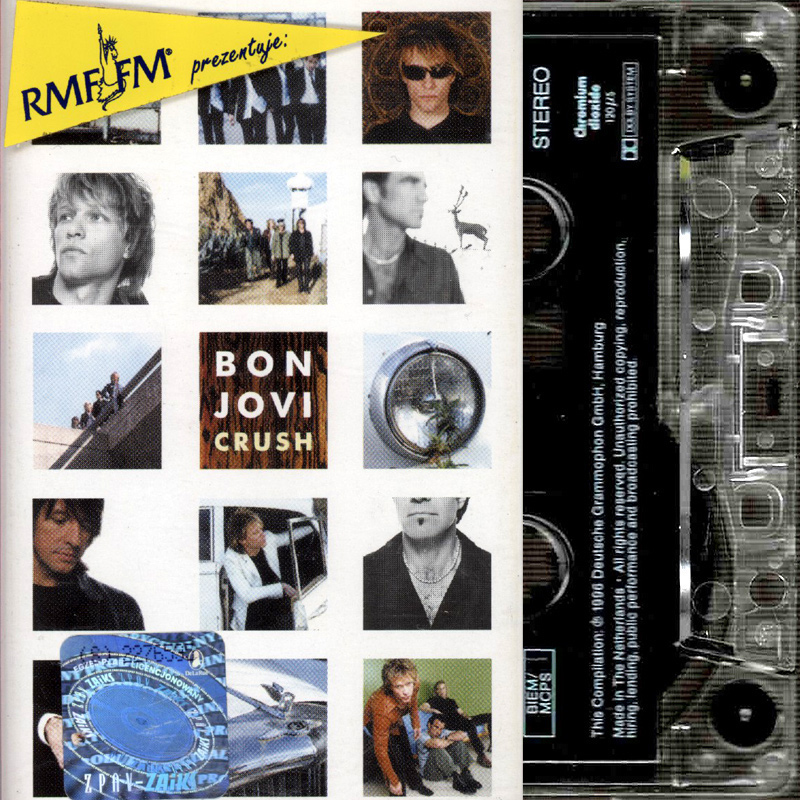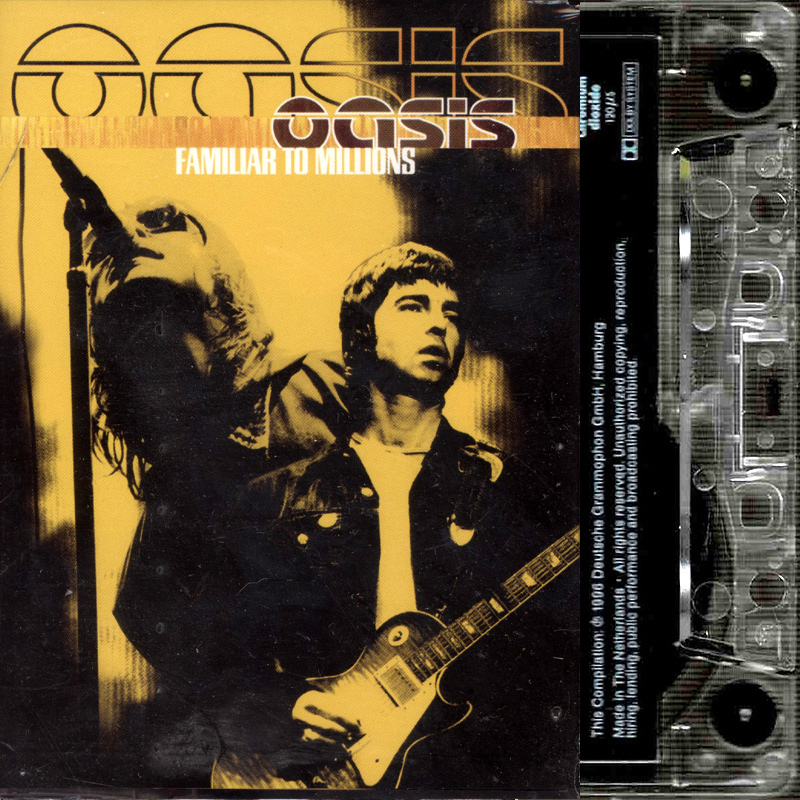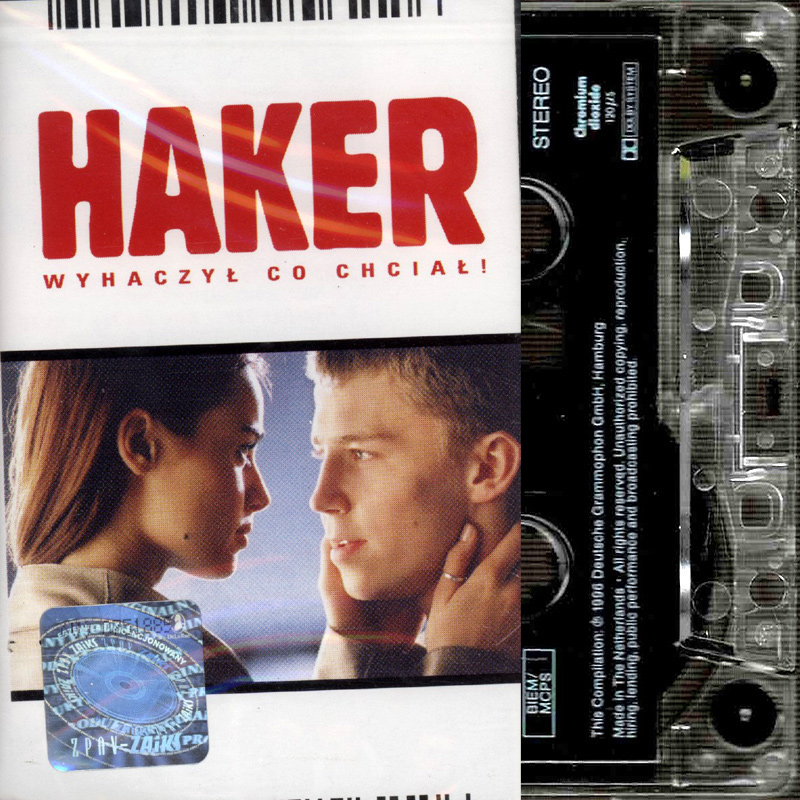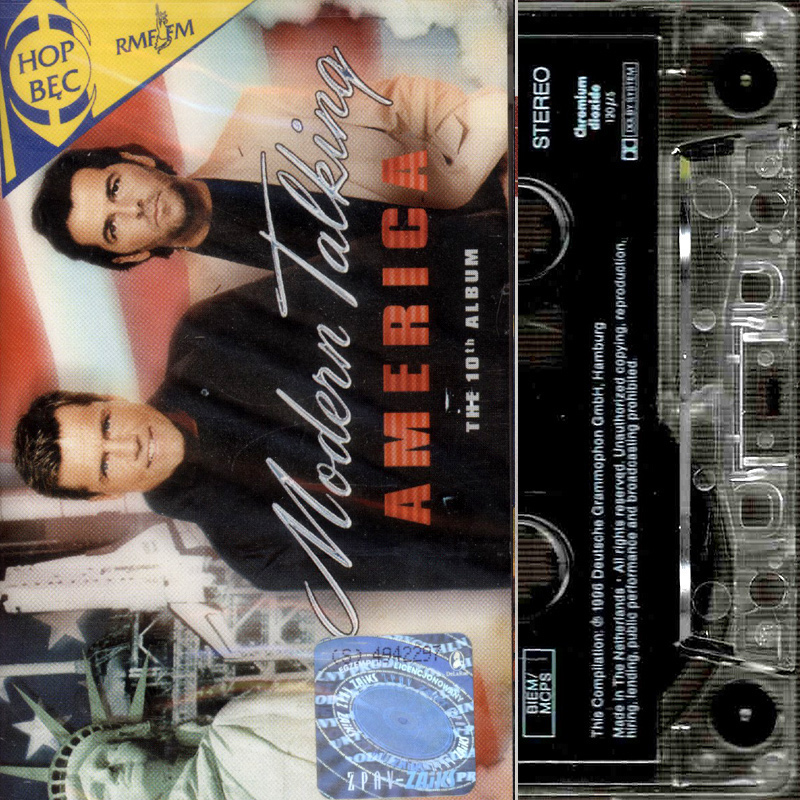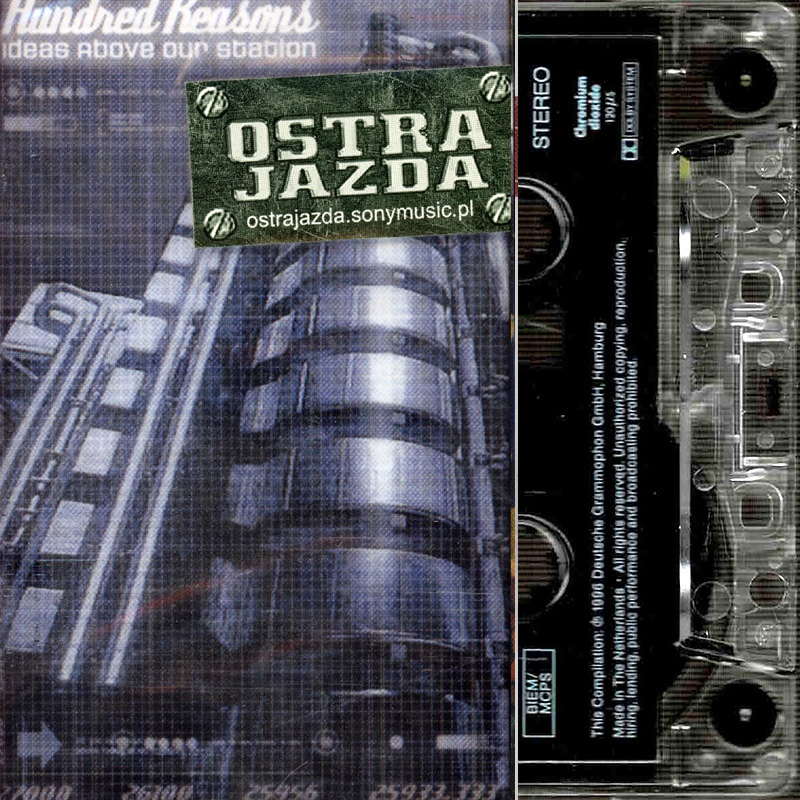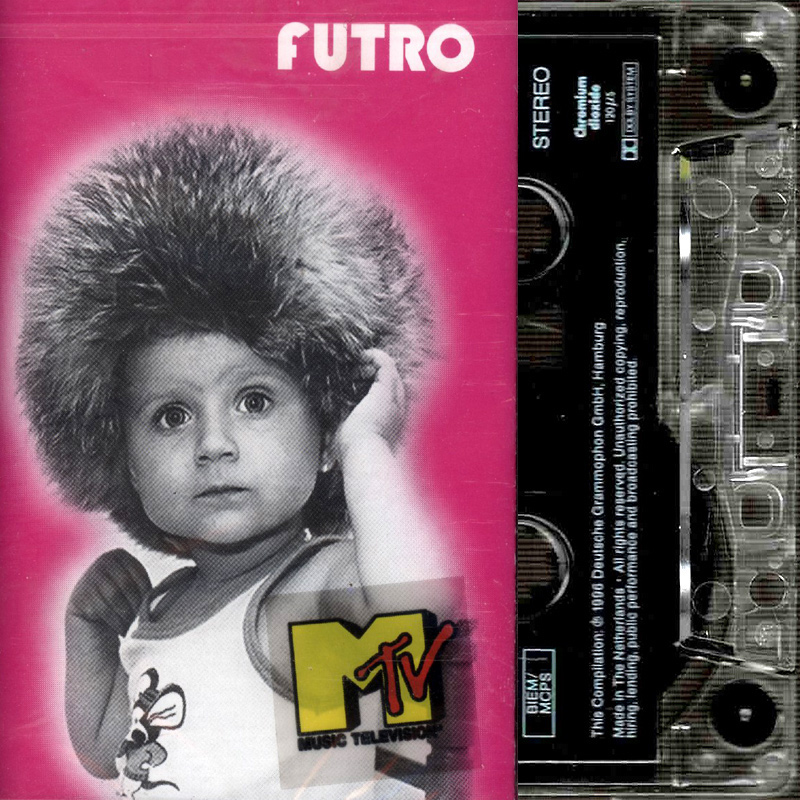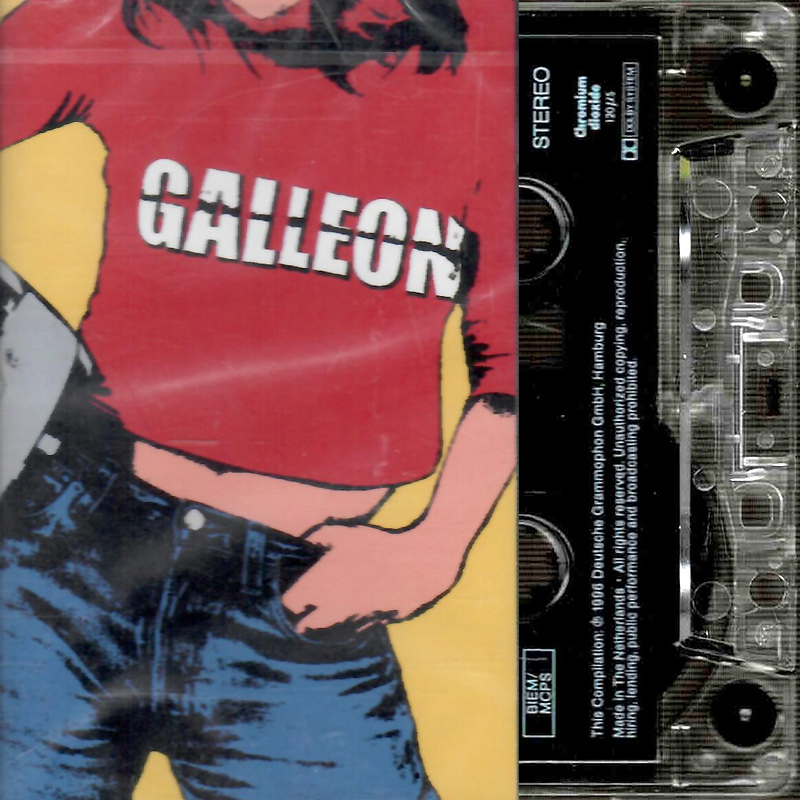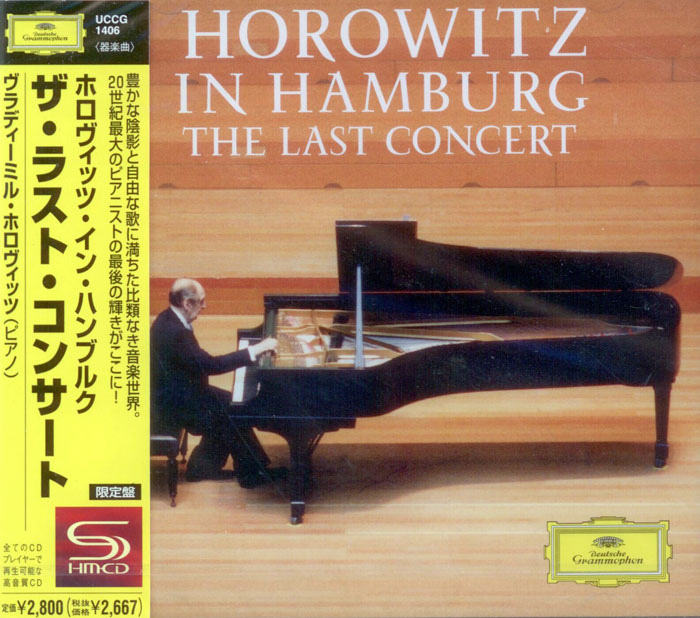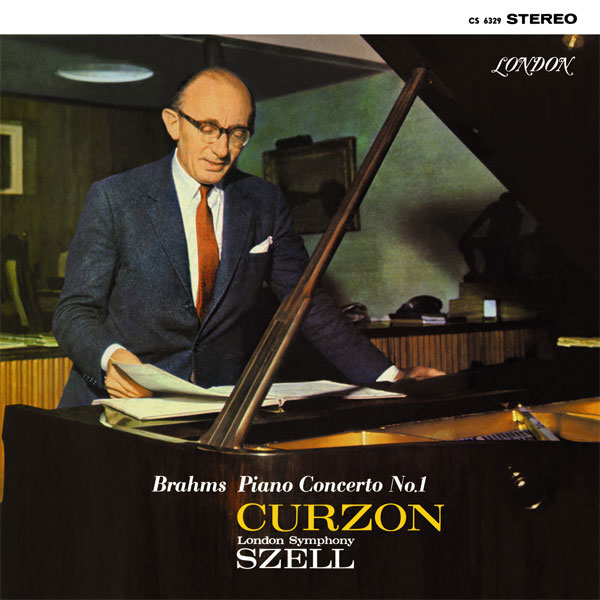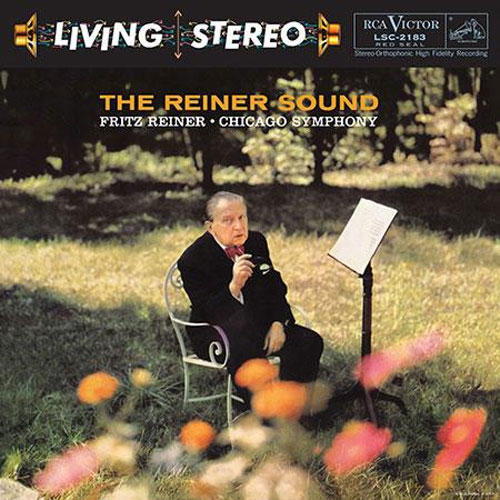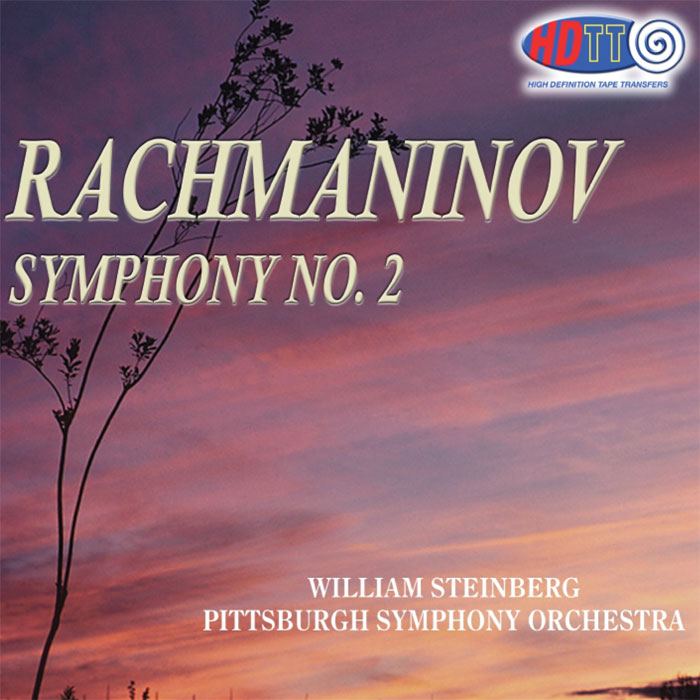Logowanie
Mikołaj - ten to ma gest!
Miles Davis, Horace Silver, Jay Jay Johnson, Percy Heath, Kenny Clarke, Lucky Thompson
Walkin'
20bit K2Super Coding - ale jak to brzmi!
Kasety magnetofonowe
Winylowy niezbędnik
ClearAudio
Double Matrix Professional - Sonic
najbardziej inteligentna i skuteczna pralka do płyt winylowych wszelkiego typu - całkowicie automatyczna
MOZART, LISZT, SCHUBERT, MOSZKOWSKI, Valdimir Horowitz
Horowitz in Hamburg - The Last Concert
- Valdimir Horowitz - piano
- MOZART
- LISZT
- SCHUBERT
- MOSZKOWSKI
~ Pomnikowe ~
On 21 June 1987, before an ecstatic audience in Hamburg’s Musikhalle, 83-year-old Vladimir Horowitz gave the last concert of a career that stretched over nearly seven decades. The recital, taped by North German Radio (NDR), lay in their archives virtually untouched for more than 20 years (one encore was included in Deutsche Grammophon’s anthology The Magic of Horowitz in 2003). It is now being released in its entirety for the first time in any format. The repertoire is familiar, with Mozart and Schumann (Kinderszenen op. 15) to the fore. There is a last heroic assault on Chopin’s Polonaise in A flat op. 53 and the final scintillating encore is Moszkowski’s Etincelles, a Horowitz evergreen. The recording provides a unique souvenir of Horowitz’s final public appearance, where the sense of occasion and immediacy is palpable.
Gramophone Magazine
July 2008
“One comes away dazzled by the unique sonority imagination and élan of this extraordinary musician.”
The Telegraph
16th August 2008
“In a programme of Mozart, Liszt, Schumann, Chopin, Schubert and Moszkowski, Vladimir Horowitz demonstrates his guiding principle that the piano should be made to sing. There is a beautifully shaped, lyrical quality to his playing, allied to intuitive musical characterisation and a magical sense of intimacy”
. The recording provides a unique souvenir of Horowitz’s final public appearance, where the sense of occasion and immediacy is palpable.

Płyty SHM-CD do odtworzenia we wszystkich typach czytników CD oraz DVD. Gwarantują niespotykaną wcześniej analogową jakość brzmienia, odwzorowują wszystkie walory taśmy-matki. Zdaniem specjalistów - ten nośnik i ta technologia najlepiej - bo natywnie, przenosi na krążek CD wszystkie walory nagrania analogowego.
